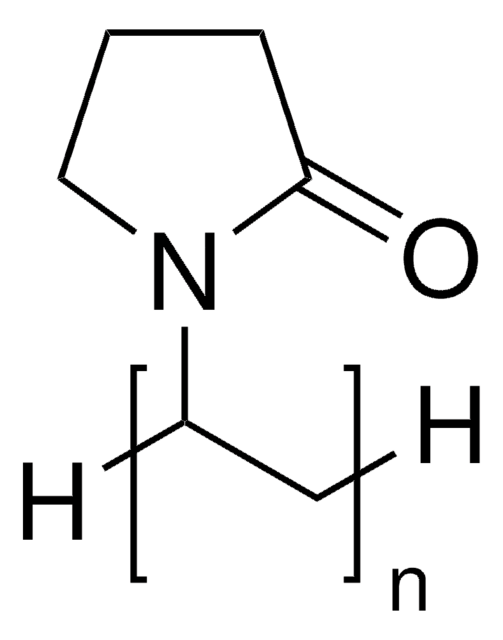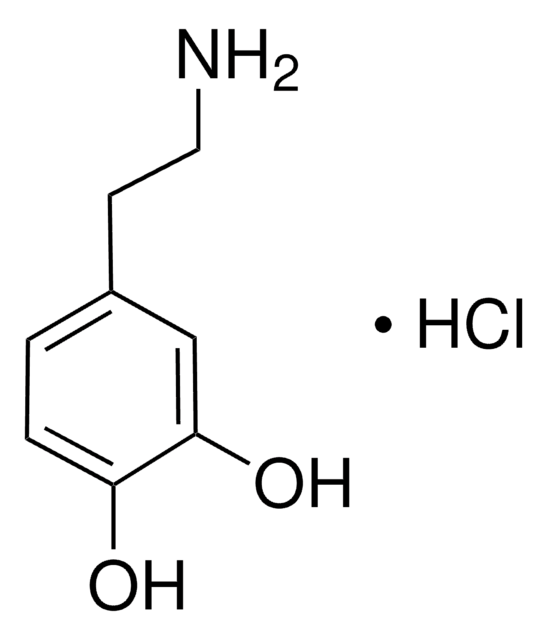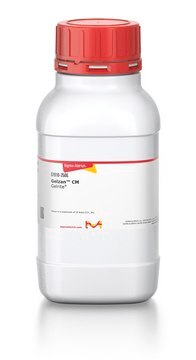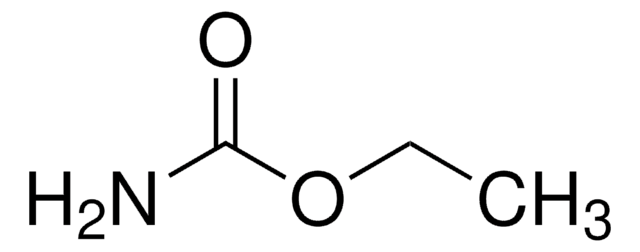Recommended Products
Related Categories
General description
Polyurethanes are a broad class of polymers which have urethane group (-NHCO-O-). Urethane group is formed by isocyanate reacting with hydroxyl groups.
Visit our Sensor Applications portal to learn more.
Application
Polymeric membrane material for chemosensors and biosensors
Polyurethane was used as an outer coating membrane to increase stability and the linear range of the sensor during development of glutamate microbiosensor. It may also be suitable in investigating the thermal degradation of α,γ-diphenyl alkyl allophanates and carbanilates for crosslinking sites using pyrolysis-high-resolution gas chromatography/FT-IR (Py-HRGC/FT-IR).
Other Notes
Membrane material with favourable properties for sensors, e.g. long-term electrochemical stability, improved biocompatibility, etc.
Legal Information
Selectophore is a trademark of Merck KGaA, Darmstadt, Germany
Storage Class
11 - Combustible Solids
wgk_germany
WGK 3
flash_point_f
Not applicable
flash_point_c
Not applicable
ppe
Eyeshields, Gloves, type N95 (US)
Choose from one of the most recent versions:
Certificates of Analysis (COA)
Lot/Batch Number
Don't see the Right Version?
If you require a particular version, you can look up a specific certificate by the Lot or Batch number.
Already Own This Product?
Find documentation for the products that you have recently purchased in the Document Library.
Customers Also Viewed
Thermal degradation mechanism of a, ?-diphenyl alkyl allophanate as a model polyurethane by pyrolysis-high-resolution gas chromatography/FT-IR.
Yoshitake, Norimichi, and Mutsuhisa Furukawa.
Journal of Analytical and Applied Pyrolysis, 33, 269-281 (1995)
Polyurethane elastomers.
Petrovic, Zoran S., and James Ferguson.
Progress in Polymer Science, 16, 695-836 (1991)
M.E. Meyerhoff et al.
Polym. Mater. Sci. Eng., 64, 293-293 (1991)
S Y Yun et al.
Analytical chemistry, 69(5), 868-873 (1997-03-01)
Potentiometric responses of polyurethane (PU)-based membranes containing valinomycin and varying amounts of plasticizer (DOA) and/or lipophilic additive (KTpClPB) were examined as a function of soft segment [poly(tetramethylene ether glycol)] contents in aromatic diisocyanate-based PU matrices. Upon increasing the weight percentages
E. Lindner et al.
Electroanalysis, 7, 864-864 (1995)
Our team of scientists has experience in all areas of research including Life Science, Material Science, Chemical Synthesis, Chromatography, Analytical and many others.
Contact Technical Service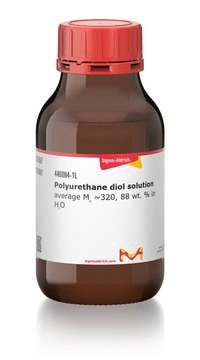

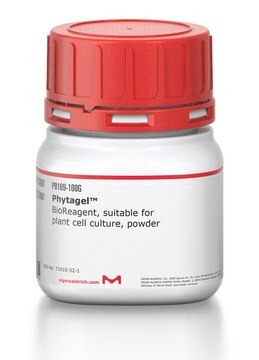
![Poly[4,4′-methylenebis(phenyl isocyanate)-alt-1,4-butanediol/di(propylene glycol)/polycaprolactone] pellets, MDI-polyester/polyether polyurethane.](/deepweb/assets/sigmaaldrich/product/structures/661/697/b23c24ce-15fb-4eae-a30f-786921d4c91e/640/b23c24ce-15fb-4eae-a30f-786921d4c91e.png)
